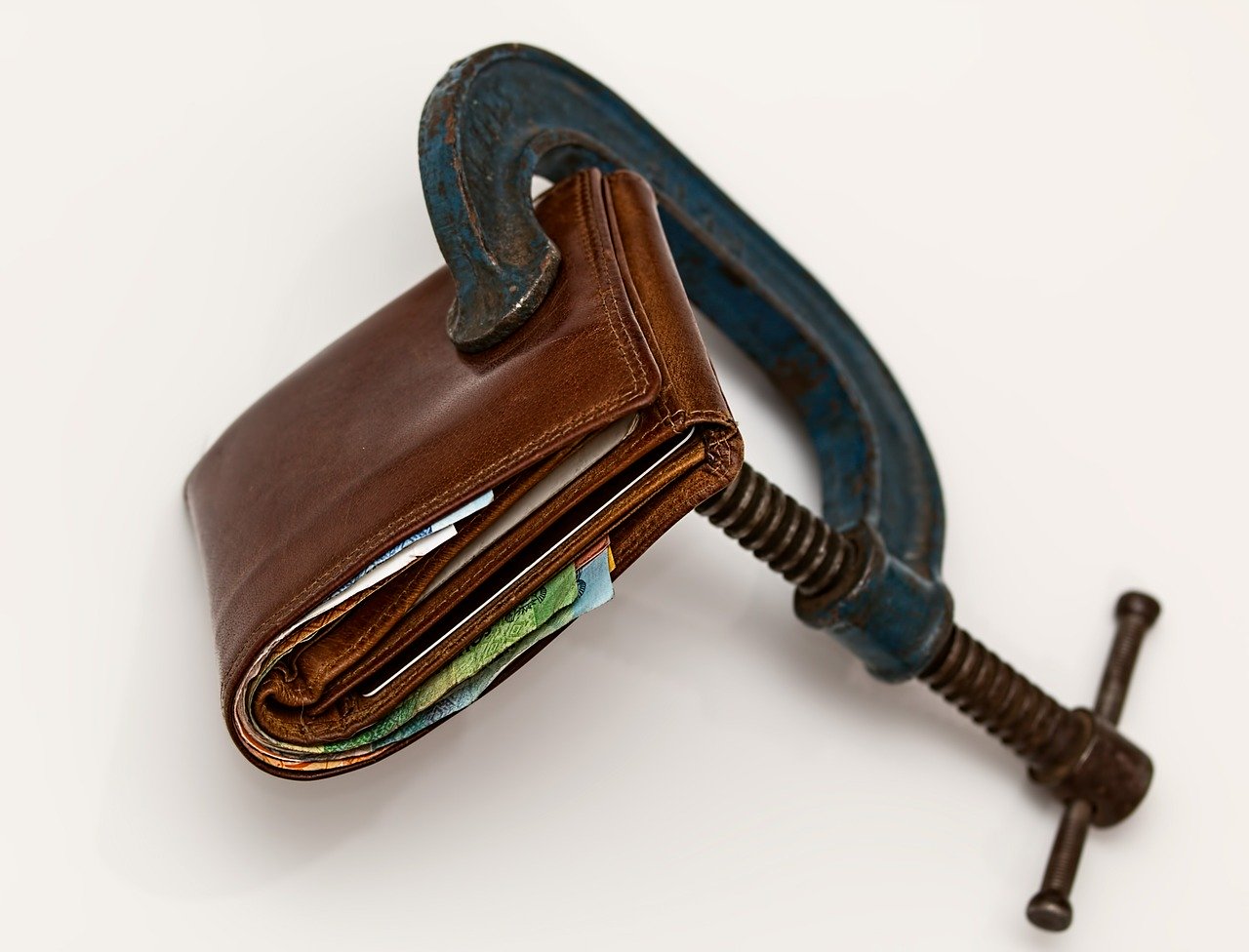One of the big questions-How can I save money in my business?
There couldn’t be a more crucial time than there is now to keep an eye on your business costs and to save money where you can.
Every business owner wants to save money and keep more of their hard earn profits! But getting the balance right can be hard. Businesses need to ensure that there is no compromise on the quality of service or their products that they are selling to customers while trying to cut back on their expenses. Cut back too much and you could be faced with unhappy customers or clients. However,not enough money saved and overheads can easily run away and the business could be making a loss.
How can a business save money?
The key to making any change in a business is planning. This isn’t just looking at how and when you will make changes or start cutting your costs. But financial planning whereby business owners look at the financial impact of making those decisions.
Financial planning is important because you need to be able to control your business finances at the time when those changes are happening. Wrong decisions can be costly and if the numbers are looked at after a change has happened you may find that it may have cost more money than originally planned or that profit has decreased because of it.
Here are a few ways that your business could save money! Always consider the financial impact not only now but in the next year or two and any impact on your customers or clients and the level of service that they will receive.
1.
Study your business finances in detail on a regular basis. Keeping a close eye on what is being spent is the easiest way to save money. Those higher expenses will stand out a little more and any errors corrected much quicker and easier than if you have to trace back 6 months or more worth or information.
2.
Consider each expense carefully. Is it needed and are you getting the most out of the service which you are paying for? Or is a particular supplier the most competitive in terms of price or could you renegotiate.
3.
If you are buying in materials or items to sell on, could you benefit from buying in bulk? Most suppliers will either give a percentage discount on bulk orders and the more you buy, the more ‘purchasing power’ you have to drive a hard bargain
4.
Staff is often a major cost in a business. This is not about getting g rid of all of your employees at all but instead making sure that their time is being used in the best way possible. If you offer overtime, make sure you consider if those employees are getting g the most out of their working day and if the overtime is essential
5.
Review your annual contracts such as phone, utilities and insurances. Are you getting the best deal out there or are you paying a higher price for convenience.
6.
Set yourself a budget! If you know on average how much you spend in your business, make sure you set your self a budget around the same mark to stick to each month. This will make you consider any purchases that are more expensive or uncommon a little bit more carefully.
7.
You could even try setting yourself a budget that is lower than your usual spending and see if you can achieve that each month. Again this will really make you consider each penny that goes out the bank account.
8.
Speak to your suppliers about terms. If you are currently using payment terms, is there a cash discount for paying upfront or in advance.
Using a few different approaches can help you keep your costs down but it is important to keep revisiting and looking at how the business is responding to each change.
Find out how Cedar House Accounting can help you stay in control of your finances and drive profits by emailing us at enquiries@cedarhouseaccountjng.co.uk or call us on 01778 338049

